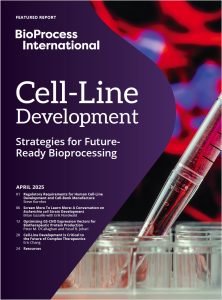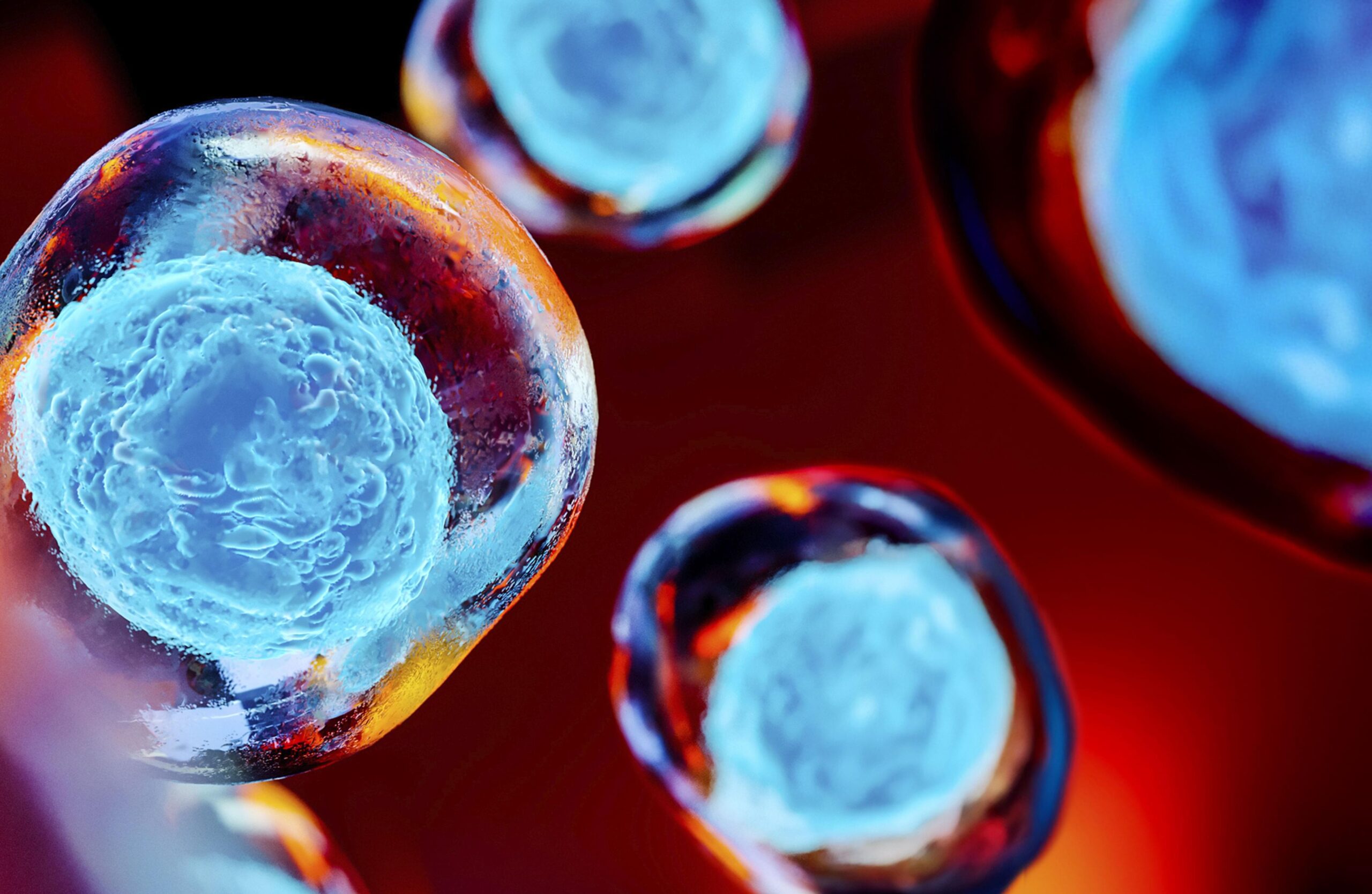Cell-Line Development is Critical to the Future of Complex Therapeutics
Chang, Eric. BioProcess International, April 2025, pp. 20-23. https://secure.viewer.zmags.com/publication/0d260962#/0d260962/22.
 Background
Background
Eric Chang, MSc, from Bora Biologics discusses the critical role of cell-line engineering in biopharmaceutical production, particularly for complex therapeutics like bispecific antibodies. He highlights key requirements including cell-line stability, monoclonality, cost-effectiveness, and risk mitigation. Chang also explores challenges in developing cell lines for complex biologics and strategies for optimizing productivity, such as genetic engineering and codon optimization.
Abstract
Cell-line development (CLD) is a pivotal stage in biopharmaceutical production. Through the application of diverse techniques, biopharmaceutical companies can enhance the capacity, quality, and productivity of mammalian and microbial cell lines to generate a safe, stable, and abundant supply of biologics. However, as biotherapies increase in complexity, drug developers face new challenges in designing and implementing CLD processes that can ensure the efficient production of difficult-to-express protein therapeutics. Meanwhile, the industry is expanding beyond traditional monoclonal antibody (mAb) therapies, designing new innovative and complex biologics such as bispecific antibodies (bsAbs), engineered antibody fragments, and antibody-drug conjugates (ADCs).
